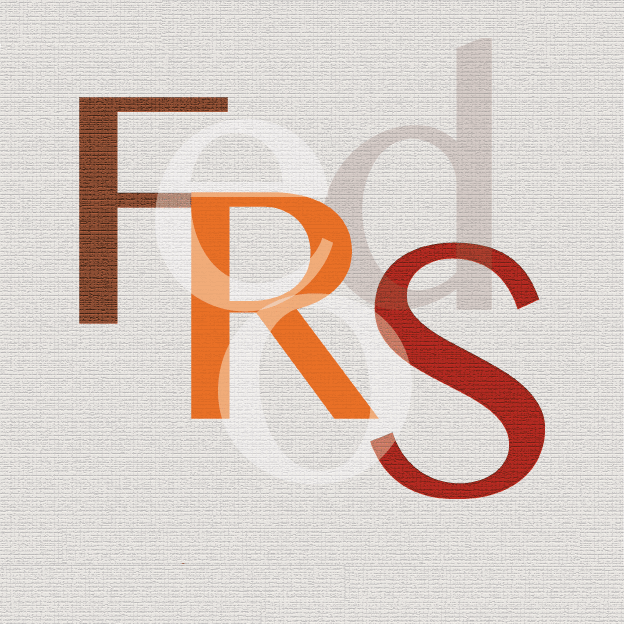Call for papers – On the importance of being rough. (Im)politeness in the public sphere
On the importance of being rough. (Im)politeness in the public sphere
University of Palermo, June 15-16 2023
The influential works of Goffman (1967), Lakoff (1973), Grice (1975), Leech (1983), and Brown & Levinson (1987) put emphasis on linguistic politeness, which can be defined as the way language is used in conversation to show consideration for the interlocutors and to adhere to the rules of what a society considers appropriate behavior (Terkourafi 2012). This approach to language finds reminiscence in Aristotle’s theory which states that any orator, regarding any kind of persuasion, should always present benevolence, virtue and practical wisdom (Rhetoric, I,2, 1377b20-1378a8). However, since the seminal publication of Derek Bousfield (2008), Impoliteness in interaction, there has been a turning point in language studies with a growing interest in the concept of impoliteness (Culpeper & Terkourafi 2017; Terkourafi 2019; Domaneschi 2020; Piazza 2019; Di Piazza & Spena 2022).
Now more than ever, aggressive and non-harmonious interactions (Conley 2010; Pernot 2015) seem to have been normalized as a common practice in contemporary political discourse, compelling researchers interested in politeness theory to shed new light on impoliteness as an emerging strategy within the public sphere. Indeed, the rise of so-called populist leaders across Western World – such as Donald Trump in the U. S., Jair Bolsonaro in Brazil, or Viktor Orbàn in Hungary – is accompanied by a communicative style where face aggravating behaviour is a distinctive, key element of political success (Rosier 2006; Sedda, Demuru 2019); the Italian case, with Giorgia Meloni, Matteo Salvini and Beppe Grillo (especially his campaign “Vaffa Day” – “F**k off day”) is particularly relevant. Here, foul language, discriminative utterances or verbal aggressions have to be considered as defining components of deliberated strategies of self-presentation and political branding (Marrone 2001). While this type of persuasive practice might recall some ancient rhetoric styles and characters (f.e. the Gracchi, Diogenes – cf. Guérin et al. 2022), this also questions the meaning-making mechanisms of the public sphere (Habermas 1989; Serra 2020), that we intend here as a “discursive space”, deployed across multiple media and formats, where different images of the public opinion are shaped and managed by social actors (Landowski 1989; Hauser 1999) through both cooperative and polemic strategies.
Romance Federation of Semiotics
Federazione Romanza di Semiotica
Federação Românica de Semiótica
